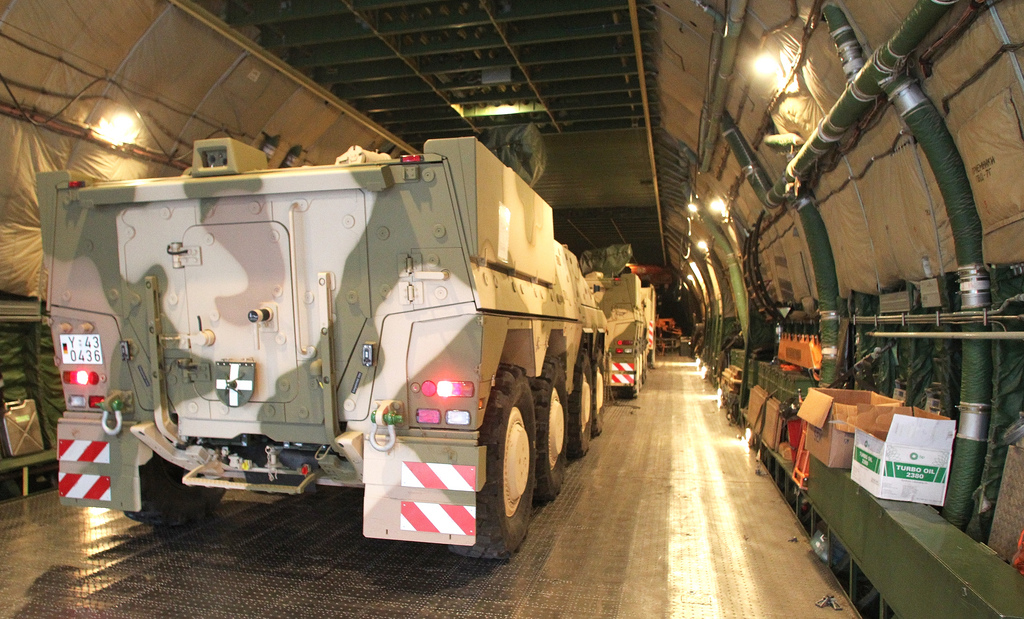The 27 focus on civilian crisis management
(BRUSSELS2) The 27 EU foreign ministers are meeting on Friday and Saturday (27 and 28 March) at Hluboká nad Vltavou — the castle of the Schwarzenbergs, in the Czech Republic — for the traditional Gymnich (the semi-annual informal meeting) . They found in their briefcase a "non paper of the presidency", to which the services of Javier Solana largely contributed (even more), which presents the various ways to improve the civilian management of crises.
The problems are well known: the EU today has 9 crisis management missions deployed, which represents around 2400 people in different sectors and regions that are not entirely calm (post crises or a hostile environment). And as a high-ranking, diplomatically strong European diplomat put it: “ the current size and complexity of civilian ESDP missions exceeds what was originally planned ". Everyone knows, in fact, the problems that the EU comes up against in practice: limited human resources subject to budgetary pressure, unsuitable financial procedures... (see the awesome diy). " Political impetus is needed to ensure that the technical solutions presented are up to the ambitions ».
The document therefore proposes several proposals in three types of areas to the Ministers
1. the finances. There is no miracle, additional budgetary resources are needed because the current budget is very “tight. "More missions with less resources is the surefire recipe for failuresummarizes this diplomat. The budget line on preparatory measures - which does not currently make it possible to finance the purchase of materials, services and the recruitment of personnel necessary for the main mission - must be used more " flexible and global to enable rapid deployment. The public procurement rules must be reviewed to allow the immediate equipment of missions and also during the mission (much like the humanitarian actions of Echo). Finally, the financial management capacity of the missions must be improved to make it more professional.
2. The men. Finding qualified people in record time, especially when the missions are high risk, is always a feat. The " new missions in dangerous areas will face recruitment problems ". The idea is therefore to strengthen cooperation between the 1st and 3rd European pillars - to enable resources to be found, particularly in terms of the police and justice. The expert database, as well as the profiling of the necessary resources is another track. Finally, career incentives should also be considered.
3. the materials. It is also a challenge. Have the necessary equipment (communications, security equipment, medical services), in record time and especially in the first phase of operation. The solution goes through "framework contracts" covering essential equipment. Two contracts are already available. And a series of others are in preparation. The objective is to have a full range of contracts ready by mid-2010. Other alternative solutions may exist such as stocks, centralized or virtual, or better use of equipment in ongoing missions.
It will be up to the Czech presidency and especially the Swedish presidency to ensure that all this is translated into action...
(Nicolas Gros-Verheyde)
